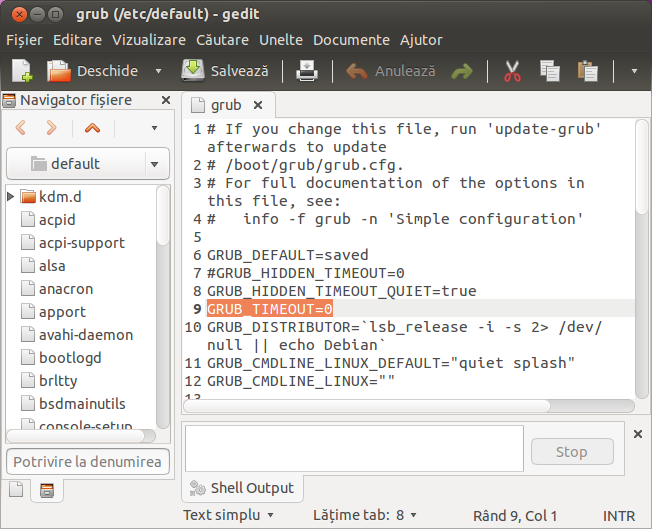
- MAC BOOTLOADER FOR WINDOWS MAC OS X
- MAC BOOTLOADER FOR WINDOWS INSTALL
- MAC BOOTLOADER FOR WINDOWS DRIVERS
- MAC BOOTLOADER FOR WINDOWS UPGRADE
REFIt is an EFI bootloader, particularly for Intel Macs. These should not be necessary, but are included for reference.
MAC BOOTLOADER FOR WINDOWS MAC OS X
This is sometimes upgraded, which is a reason to keep Mac OS X around see #Upgrading EFI Firmware, below. You mostly needn’t concern yourself with this, except as backup.
MAC BOOTLOADER FOR WINDOWS UPGRADE
In general, once set up, you will not need to touch the firmware or rEFIt, but you can safely upgrade these without harm, and they will not touch your Linux partition.

REFIt (EFI bootloader) – chooses partition There are 3 components in the boot process, as described here: In squeeze, gdisk is a GPT-aware fdisk, but in lenny, you’ll need to use gptsync in addition to fdisk, and gptsync is useful if you’ve used Mac OS X partitioning. Notably, the GPT and MBR partition tables can get out of sync, so after using non-GPT aware partitioning tools, you must use gptsync (either in Mac OS X or Debian) to sync the partition information. During this transition you’ll want to use a GPT/MBR hybrid system, but these are potentially very painful. In parallel with this is the transition from the BIOS system of partitioning ( MBR) to the EFI system of partitioning ( GPT).
MAC BOOTLOADER FOR WINDOWS INSTALL
Likely worst case – assuming you do not change partitions, which can destroy data – is to render the hard drive unbootable, requiring the use of a boot CD/DVD.īooting from a CD/DVD should always work (assuming firmware is ok: you do not need to change firmware in any way to install Debian or change the boot loader), but in worst case scenario, you can always remove the hard drive, connect it to another computer (such as in a USB hard drive enclosure), and fix it there. Having a separate working computer available is wise, in case of difficulty it allows you to research the problem without needing to reboot the non-working computer. Alternatively, holding the Option key during boot should start the Apple Startup Manager, while holding the ‘C’ key during boot should boot to CD (or DVD) – these should work even if rEFIt is broken. If rEFIt is properly configured, you will be able to boot from discs or USB drives from the rEFIt screen. This worked, but had the usual limitations of LILO (system wouldn’t boot if forgot to run lilo after kernel changes, etc.), and was necessary because GRUB Legacy does not (easily) support Intel Macs.Īny OS can be selected as default if you use rEFIt (version 0.14+) then the BIOS version of GRUB 2, or just GRUB 2 in EFI.įirst, make a rescue CD/DVD, or get a Live DVD (or Live CD, or Live USB) and test it by booting with it.
MAC BOOTLOADER FOR WINDOWS DRIVERS
Currently there are limitations in Linux and X.org which need addressing (their video drivers need BIOS to initial video hardware for acceleration), but longer-term this should be an acceptable solution.

This is similar to rEFIt + GRUB 2 (BIOS version), but somewhat simpler. This allows multi-booting to Linux, Mac OS X, and Windows, yields accelerated graphics, and does not require LILO to be run every time a kernel or init ramdisk change occurs.Ī single stage boot, with the EFI version of GRUB 2 ( grub-efi). On an Intel Mac, currently the best stable ( lenny) configuration is:Ĭhain loading by first loading rEFIt (in EFI), then using the BIOS version of GRUB 2 ( grub-pc) to load Linux (or Windows). For partitioning Intel Macs, see ?IntelMac/Partitioning. This page only covers changing boot loaders, and does not cover the far more dangerous process of partitioning. Best practice on ?IntelMacs has been changing with improved development of GRUB and supporting software. The most delicate part of installing operating systems, other than drive partitioning (which can destroy data), is configuring the boot loader, which can render your system unbootable. This page covers Intel-based Macs – all models since 2006, including MacBooks and ?MacBook Pros


 0 kommentar(er)
0 kommentar(er)
